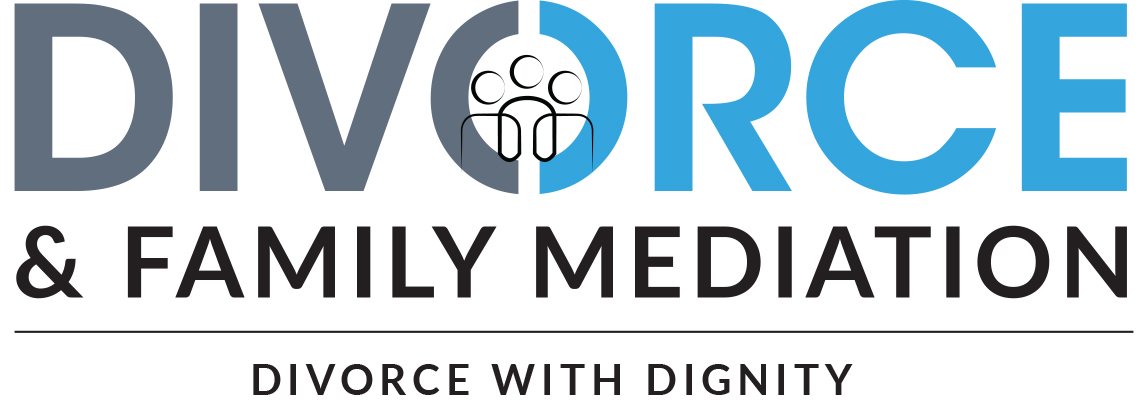
Divorce can be one of life’s most stressful experiences, often bringing financial strain, prolonged disputes, and emotional upheaval. Mediation provides a structured, solution-driven approach that helps couples navigate separation respectfully, efficiently, and cost-effectively.
The Mediation Process: Main Objectives
Our mediation process is designed to achieve clarity, fairness, and lasting agreements. Each stage has a clear purpose:
1. Initial Consultation – Setting the Foundation
Objective: To explain the mediation process, establish ground rules, and ensure both parties feel safe and supported.
- Introductions and explanation of roles
- Confirming willingness to mediate
- Outlining goals and expectations
2. Identifying Key Issues – Understanding Priorities
Objective: To define the matters that need resolution.
- Care, contact, and parenting responsibilities
- Division of property, assets, and debts
- Spousal and child maintenance
- Any additional concerns specific to your family
3. Facilitated Discussions – Exploring Solutions
Objective: To guide respectful, constructive dialogue and encourage cooperation.
- Mediator ensures both parties are heard
- Options for compromise and creative solutions are explored
- Focus remains on fairness and sustainability
4. Drafting Agreements – Turning Decisions into Action
Objective: To capture the agreements in writing.
- Parenting plans or settlement agreements are drafted
- Terms are made clear, practical, and workable
- Each party can seek legal advice before finalisation
5. Legal Finalisation – Ensuring Enforceability
Objective: To give the agreement legal effect.
- The agreement can be submitted to court
- Once approved, it becomes a binding court order
- Provides security and clarity for both parties going forward
Why Mediation Works
- Control: You decide on the outcomes, not a judge.
- Cost Savings: Less formal and more affordable than litigation.
- Confidentiality: Private sessions, away from the public courtroom.
- Efficiency: Flexible scheduling and faster resolutions.
- Child-Focused: Encourages co-parenting and reduces conflict.
- Relationship Preservation: Essential for couples who will continue raising children together.
When Mediation May Not Be Suitable
While mediation is highly effective, it may not be appropriate where:
- There is abuse, intimidation, or a serious power imbalance.
- One party is unwilling to negotiate in good faith.
- Complex legal or financial matters require separate professional intervention.
In such cases, court involvement may be necessary to ensure fairness and protection.
Moving Forward with Dignity
Mediation provides divorcing couples with an opportunity to separate respectfully, reduce unnecessary conflict, and create solutions that truly fit their lives. It is not about winning or losing—it’s about finding common ground, protecting children, and building a stable future.

